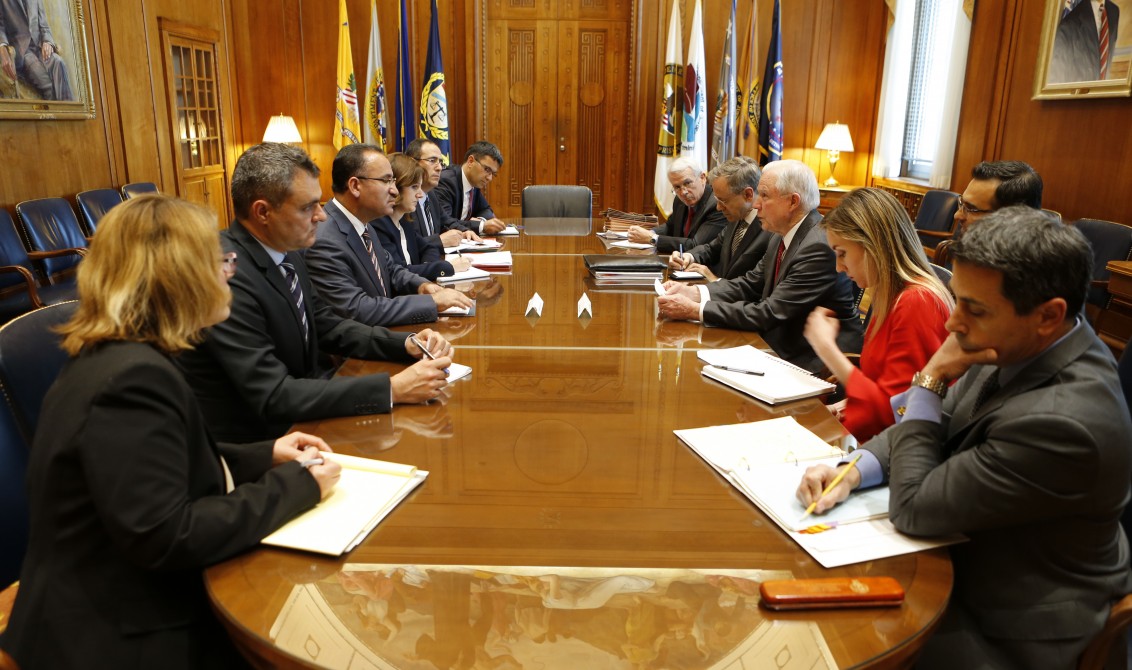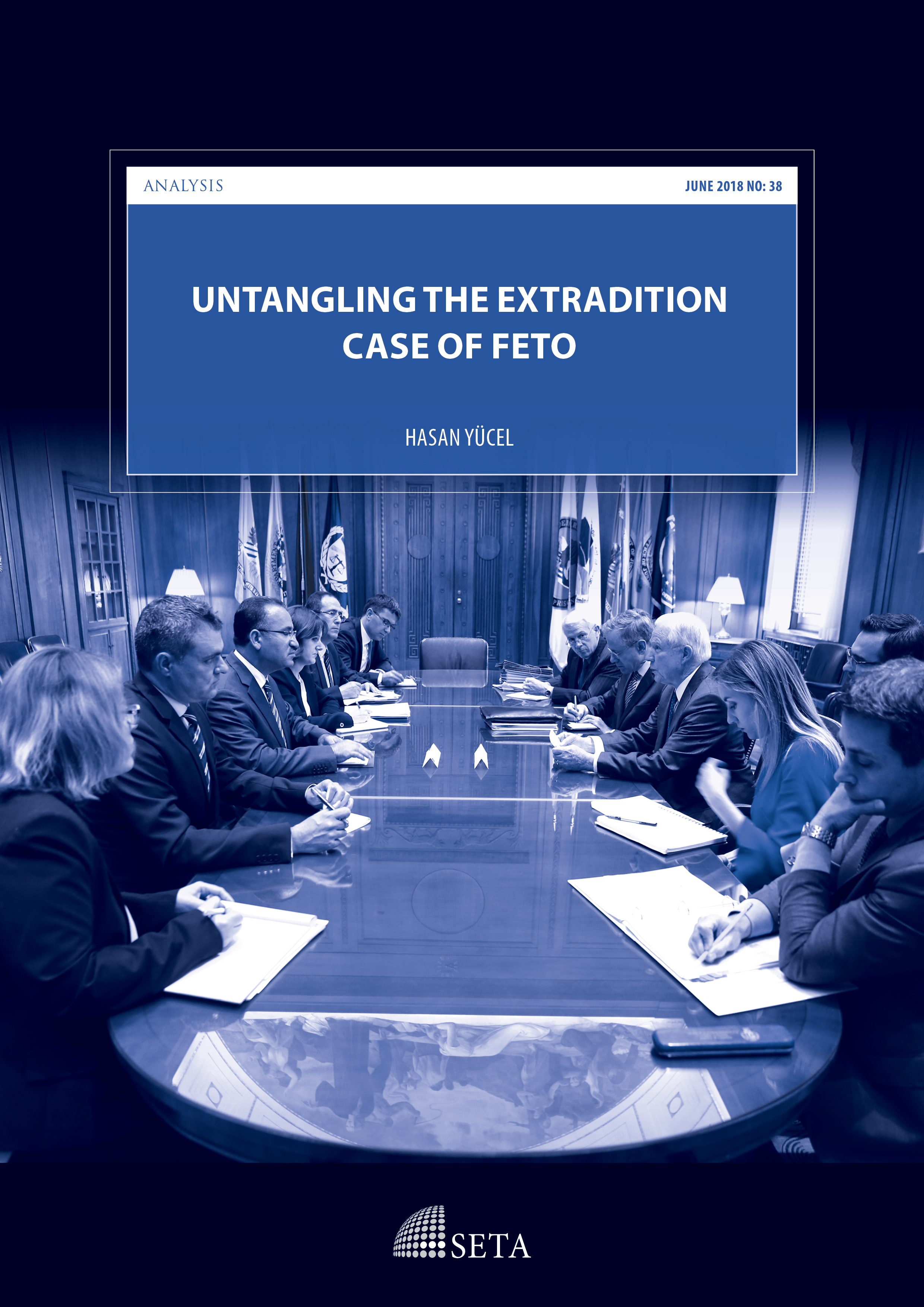The extradition of Fetullah Gulen has been a controversial issue in the bilateral relations between the United States and Turkey. This paper focuses on the bilateral extradition treaty as well as the national and international law to analyze the extradition process. First, it presents the background information and the role of the perpetrator on the coup attempt on 15 July 2016 based on the prosecution’s case in Turkey. This paper aims to discuss the ramifications of the FETO as well as the legal and political measures taken by the Turkish authorities against this organization both before and after the coup attempt. The influence of the leader of this organization over the coup plotters is crucial to understand the chain of command inside the organization. By referring to the evidence presented by the Turkish prosecutors, this paper shows the direct responsibility of the head of the organization in the commission of the most heinous crimes on 15 July 2016. Second, the paper focuses on the extradition treaty as the legal basis of the extradition process in international law. It also concludes why it is not possible and recommendable to acknowledge the actions of FETO as political crimes. At this point in the extradition process, the Department of Justice of the United States still examines the case with regard to whether the head of FETO and other members are extraditable. The Turkish government expects that the Department of Justice will grant the extradition request and refer to a local court. However, there are fundamental consequences that are measured in the short and long term, if the United States authorities refuse to hand over to a local court in order to take a step in the extradition process.

WASHINGTON, USA - MAY 08: Turkish Justice Minister Bekir Bozdag (3rd L) meets his U.S. counterpart Jeff Sessions (3rd R) during an inter-delegation meeting held to discuss extradition and provisional arrest of Fetullah Gulen, the mastermind of last July's defeated coup in Turkey, on May 08, 2017 in Washington, D.C, United States. More than 230 people were martyred and nearly 2,200 people injured in the 15th of July 2016 coup attempt, which the Turkish government said was carried out by the Fetullah Terrorist Organization (FETO) led by U.S.-based preacher Fetullah Gulen. Turkish officials accuse U.S.-based Turkish citizen Fetullah Gulen plotting to overthrow the government of President Erdogan as the culmination of a long running campaign to infiltrate Turkish institutions including the military, the police and the judiciary. ( Yasin Öztürk - Anadolu Agency )


